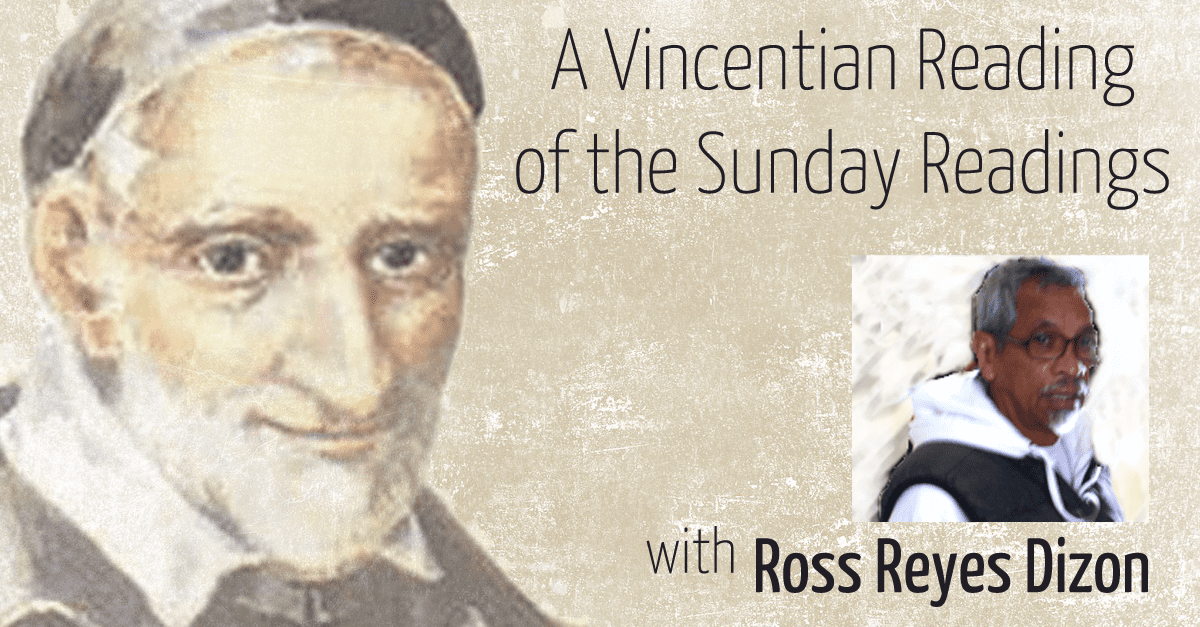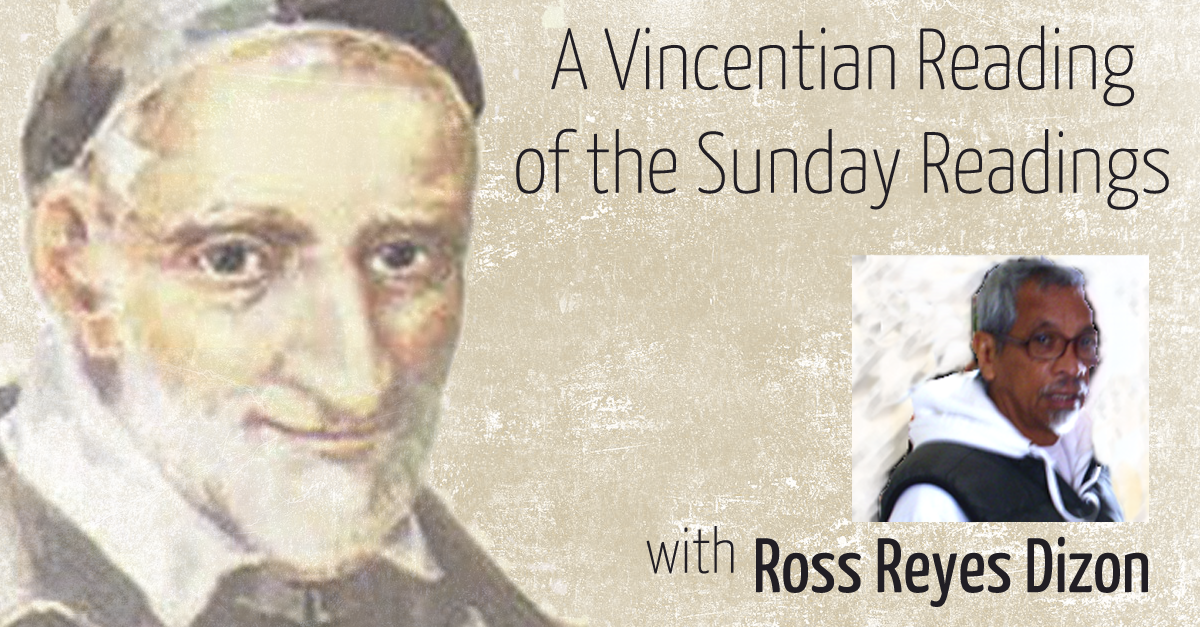Witnesses of Jesus throughout the world
Jesus appoints his followers to be his witnesses. Are we so really and in a credible manner?
Jesus tells the witnesses of his passion, death and resurrection:
You will receive power when the Holy Spirit comes upon you, and you will be my witnesses in Jerusalem, throughout Judea and Samaria, and to the ends of the earth.
He makes clear that the witnesses of the Paschal Mystery have the duty to preach in his name, and with the power of the Holy Spirit, repentance and forgiveness to all the nations.
We who follow Jesus today have the same duty. Never mind that we are not eyewitnesses. What is decisive is to believe. He has assured us, “Blessed are those who have not seen and have believed.” It is worth noting that though not present at the events, Paul and Stephen are, nonetheless, called witnesses. One is a witness, not so much for seeing the events as for grasping the saving meaning of the events. Such meaning is graspable through personal faith in Jesus, and not through evidence (see J.L. McKenzie, Dictionary of the Bible).
Witnesses who believe personally in Jesus do not care about knowing “the times or seasons that the Father has established.” It is enough for them to know that the Father is in-charge. Like St. Vincent de Paul, they recognize that “grace has its moments” (SV.EN II:499).
They do not waste time looking at the sky, daydreaming about occupying the first seats in heaven. Since they do not point to themselves but to Jesus, they do not seek to be above others. It is enough for them to be with Jesus. High positions and expensive clothes that will distinguish them from the common folks do not matter to them. Much less are they like those Thessalonians who had nothing better to do than mind other people’s business.
Genuine witnesses look upwards, yes, where Christ is, “far above every principality, authority, power, and dominion.” They do so, however, because they want to contribute to the coming of the kingdom of heaven and to the enjoyment here on earth of a bit of what we will enjoy in heaven.
Hence, they strive to give no one a reason to blaspheme God’s name. They see to it that no one lacks his or her daily bread, that others experience God’s forgiveness and learn to forgive one another and to support each other in times of testing. They help to deliver others from all forms of dehumanization. Doing all this, they give credible witness to the one who “went about doing good.”
And if they become martyrs, they will be like the Faithful Witness in authenticity and credibility.
Lord Jesus, you gave your body up and shed your blood for us. Make us your true witnesses.
May 8, 2016
The Ascension of the Lord (C)
Acts 1, 1-11; Eph 1, 17-23; Lk 24, 46-53








0 Comments